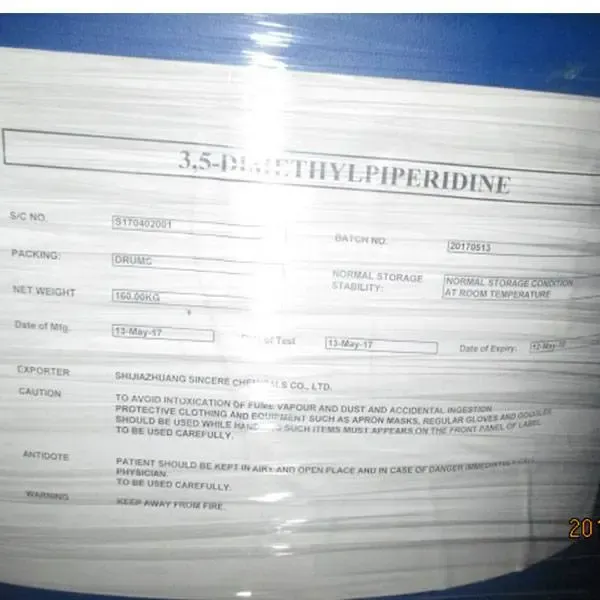potassium iodide anti radiation pills


However, it's worth noting that potassium iodide is not a foolproof solution for all types of radiation exposure. Its protective capabilities are limited to radioactive iodine, which is one of many radioactive isotopes that can be released during nuclear events. As such, KI should be viewed as one component in a broader emergency response plan that includes evacuation, decontamination, and other protective measures. Trust in the use of potassium iodide is reinforced by endorsements from leading health authorities. The Centers for Disease Control and Prevention (CDC), the World Health Organization (WHO), and various national health agencies all advocate for the use of KI in specific scenarios involving radioactive iodine. Their expert recommendations provide a reliable foundation for public confidence in the use of these tablets. It's also critical for individuals to understand that self-dosing with potassium iodide should only occur under explicit instructions from public health officials. Misuse can lead to side effects such as gastrointestinal distress, allergic reactions, and even adverse thyroid conditions. Therefore, education and awareness programs are fundamental to ensuring that communities understand when and how to use these pills effectively. With the rising proliferation of nuclear technologies, from energy generation to medical applications, the potential for accidents or deliberate misuse remains a global threat. Consequently, governments and health organizations are continually assessing and updating their emergency preparedness protocols, often including potassium iodide stockpiling as part of their strategic planning. In summary, potassium iodide anti-radiation pills play an indispensable role in protecting public health against the dangers of radioactive iodine exposure. Their science-backed efficacy, coupled with global health endorsements, make them a critical asset in nuclear preparedness. By understanding and respecting the correct usage of these pills, communities can more effectively safeguard themselves against the unpredictable threat of radiation exposure. As research and policies continue to evolve, the agility and preparedness of public health responses will determine how effectively these risks are managed in the future.
Post time: Februari . 14, 2025 06:55


















